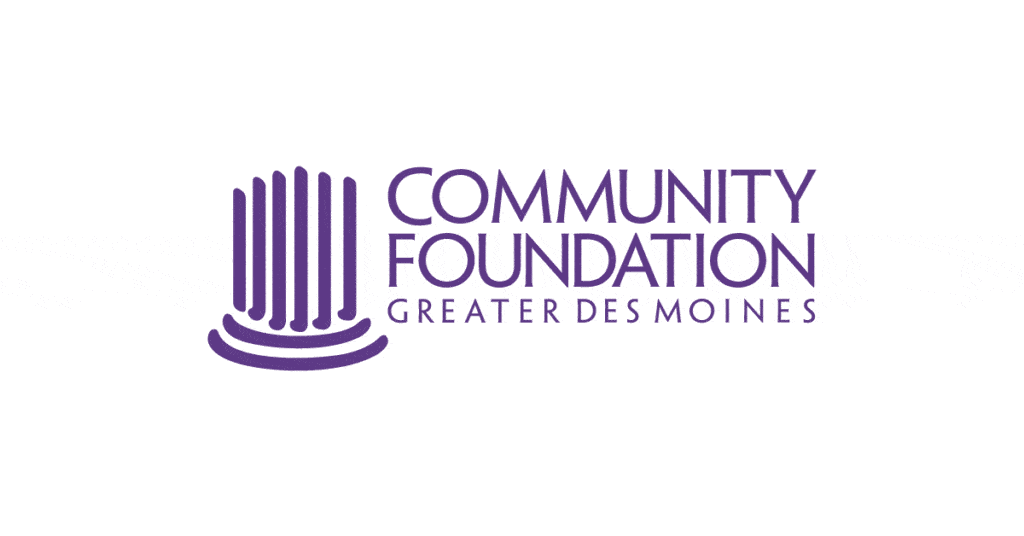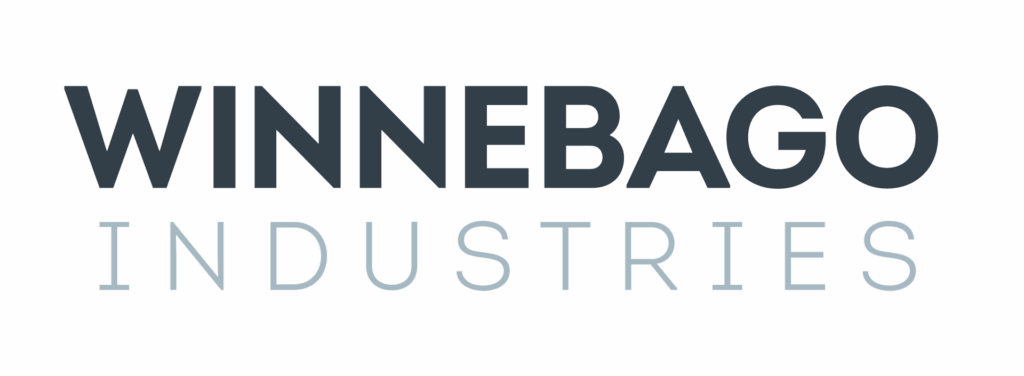IBC Q2 Economic Outlook: Companies continue to feel pressure from inflation, labor, supply chain challenges

Continued pressures from inflation, labor shortages and supply chain disruptions are causing reduced expectations among business leaders who responded to the Iowa Business Council’s second-quarter Economic Outlook survey.
The report, released today, also showed that most of those responding aren’t optimistic that the supply chain conditions will improve much in the next six months.
The second-quarter index score was 63.88. Although the score was down from 65.78 in the first quarter, it was the eighth consecutive quarter of positive sentiment.
An index score above 50 indicates that sentiment is positive.
The report measures Iowa Business Council members’ expectations for sales, capital spending and employment for the next six months. The Business Council, a nonpartisan, nonprofit organization made up of 20 leaders from the state’s largest employers, works to elevate the state’s economy through thought leadership, research and advocacy.
According to the report, index scores in most categories dropped as members expressed continued concerns over inflation, supply chain disruptions, the ongoing workforce shortage and global unrest.

The only category that saw an increase in its score was capital spending, which rose 2.19 points to 66.66.
“I think there’s a strong appetite for continued growth,” Murphy said. “I think part of that growth strategy is indicative of their analysis that economic hardships may be on the horizon so they’re doing everything they can to take advantage of some of the positive conditions they’re currently experiencing to position themselves in a solid position for any potential economic harm that may come in the next six to 12 months.”
The index score for sales declined nearly 4.5 points from the first quarter, to 65.27. The employment index score fell 3.43 points, to 59.72.
Murphy said the decline in scores in both categories is indicative of ongoing pressures from inflation and supply chain disruptions.
A majority of those responding to the survey (83%) said they expect little to no change in economic conditions over the next six months.
According to the report, most respondents said hiring remains a top concern, with 72% rating the process as difficult or very difficult. Business Council members reported more than 11,000 job openings statewide.
Eighty-eight percent said attracting, developing and retaining a quality workforce was their top business challenge.
Murphy said he does not expect that to improve until Iowa can begin to increase its population.
“We continue to have more job openings than people looking for jobs,” he said. “We continue to have the total labor force being smaller today than what the total labor force was before the pandemic. So when you have those two factors going against Iowa companies, the workforce issue will continue to be a drag on their ability to invest and expand within our state. Anything short of growing our population, retaining more college graduates, getting them employed quickly, I think that’s sort of the silver bullet in this.”
Murphy said there is a growing thought that the labor crunch is part of what the new economy will be.
“We’ve done a pretty good job of weathering that. And so what can we be doing to continue to thrive despite that concerning trend on the labor force?” he said.
An unfavorable business climate because of supply chain issues, infrastructure, regulations and taxes ranked second (72%) among business concerns for the next six months, and cost of product and service inputs ranked third at 66%.
“Iowa companies remain optimistic but are clear about the challenges that lie ahead in the coming months,” said Tim Yaggi, president and CEO of Pella Corp. and chair of the Iowa Business Council. “Over the last two years, our member companies have proven they are resilient to national and international pressures. Business leaders are managing through inflation, supply chain issues and workforce challenges, but expect stable demand.”
Murphy said the investment of Iowa companies positions the state to better withstand any economic pressures that may be in the future.
“I don’t want to be too pessimistic — it’s a positive report — but I think we have to be real and understanding of the challenges that have really become evident over the past four or five weeks with month after month of concerning reports nationally, particularly on inflation,” he said.








